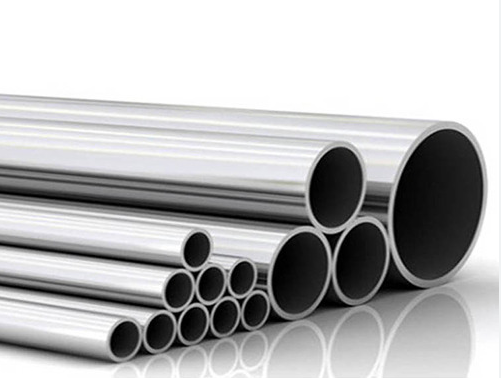In the process of steel pipe production, trade and use, quality is a crucial consideration. In order to ensure that steel pipe products meet international standards, industry specifications and customer requirements,
third-party inspection (TPI) has become an indispensable link. It provides reliable quality assurance for steel pipe manufacturers, buyers and end users through independent, fair and professional testing methods.

1. Definition and importance of third-party inspection
Third-party inspection refers to the quality inspection and certification of steel pipe products by a third-party organization independent of the buyer and seller (such as SGS, BV, TÜV, Intertek, etc.). Its core value lies in:
Fairness: not affected by manufacturers or buyers, ensuring that the test results are objective and true.
Professionalism: scientific testing based on international standards (such as API, ASTM, ISO, EN, etc.).
Risk control: reduce returns, claims or safety accidents caused by quality problems.
Market access: help products obtain international certification and enter high-end markets such as Europe, the United States and the Middle East.
2. Main items of third-party inspection of steel pipes
(1) Raw material inspection
Chemical composition analysis: Check whether the content of elements such as C, Si, Mn, P, S, etc. meets the standards (such as API 5L, ASTM A106).
Mechanical property test: including tensile strength, yield strength, elongation, impact test, etc.
(2) Production process inspection
Dimension and appearance inspection: measure outer diameter, wall thickness, ovality, straightness, etc.
Welding quality inspection (for welded pipes): X-ray (RT), ultrasonic (UT), eddy current (ET) flaw detection.
Heat treatment monitoring: ensure that the normalizing, quenching and tempering processes meet the requirements.
(3) Finished product inspection
Non-destructive testing (NDT):
Ultrasonic testing (UT): detect internal defects (delamination, inclusions).
Magnetic particle testing (MT): check surface cracks.
Hydraulic pressure/air pressure test: verify the pressure resistance of steel pipes.
Coating and anti-corrosion testing: such as galvanizing layer thickness and epoxy coating adhesion test.
(4) Document review and certification
Check material certificate (MTC), production process records, test reports, etc.
Issuance of certification certificates (such as API monogram, CE certification, ISO 9001).
3. Third-party inspection process
Demand confirmation: The customer proposes the inspection standard (such as API 5L PSL2).
On-site inspection: The third-party organization sends engineers to the factory or warehouse for sampling and inspection.
Laboratory testing (if necessary): Conduct chemical composition, mechanical properties and other analyses.
Report issuance: Provide detailed inspection reports (including qualified/unqualified judgments).
Certification services (optional): Assist in applying for international certifications such as API and CE.
4. Key points for selecting a third-party inspection organization
Qualification recognition: Check whether it has laboratory certifications such as CNAS and ISO 17025.
Industry experience: Give priority to organizations with rich cases in the fields of oil, gas, construction, etc.
Global network: Ensure that the organization has branches in the target market (such as the Middle East, Europe and the United States) to facilitate inspection.
Service scope: whether to provide "one-stop" service (from production supervision to export customs clearance).
5. Industry application of third-party inspection
Oil and gas industry: strict inspection of
API 5L pipeline pipe, casing and drill pipe.
Construction and structural engineering: ensure that steel pipes for construction (such as scaffolding pipes) comply with GB/T 3091 standard.
Machinery manufacturing: size and performance verification of precision steel pipes such as hydraulic cylinder pipes and bearing pipes.

